Marketing to millennial travelers has become a top priority for many hotels and resorts. The generation travels at higher rates than any other, but considering their unique shopping behaviors and expectations is a must. Here are five tips for successfully marketing to millennial travelers.
Marketing to Millennial Generation
Millennials are maturing. The oldest of the generation are now in their 40s, but these intrepid travelers show no sign of slowing. The millennial generation – typically defined as those born between 1981 and 1996 – continues to travel at higher rates than other age groups. One recent report noted millennials have an average travel rate of 35 days per year, exceeding even the more financially secure baby boomer generation, which averages about 27 days per year.
Capturing the attention of millennial travelers is a top priority for hotels and resorts across the globe. Yet, the generation’s unique expectations, shopping behaviors, and considerations significantly differentiate them from younger and older generations.
To effectively engage this tech-savvy, experience-driven group, hotels are personalizing their marketing to speak to the millennial audience’s unique interests, needs, and desires.
5 Strategies for Successful Marketing to Millennial Travelers
Here are five practical strategies for hoteliers aiming to court millennial travelers and convert them into loyal guests.
1. Leverage Social Media and Influencer Marketing
Millennials have grown up with social media. Having an active presence on platforms like Instagram, Facebook, and Twitter is as critical as having a website for hotels that want to connect with this generation. Millennials are known to turn to social media for travel inspiration. In fact, 87% of millennials find inspiration on Facebook, notably during idle, everyday moments such as commuting or eating.
To effectively target this tech-forward demographic, hotels must maintain an active digital presence, sharing captivating visual content and engaging with followers. Collaborating with travel influencers and bloggers can amplify your hotel’s reach and credibility among millennials.
2. Embrace Authenticity and Personalization
Millennials value authenticity and unique experiences over traditional advertising.
According to Deloitte, 60% of millennials said they would not hesitate to share personal information in exchange for personalized offers and messages. Utilizing user and guest data, hotels have an opportunity to implement personalization in their marketing across the most frequently scoured platforms and channels.
Content marketing campaigns that include personalized trip recommendations based on interests or demographics are also proven tools for driving engagement with millennial travelers. As always, the voice with any messaging should be genuine, or risk being seen as inauthentic and, as a result, unbookable.
3. Showcase Sustainable Practices
Sustainability is a key consideration for millennials when choosing travel accommodations. One recent report noted 82% of millennials say they want to travel in a way that offers minimal environmental impact.
In their digital communications and marketing campaigns, hotels have an opening to highlight environmentally friendly practices, such as energy-efficient systems, recycling programs, and locally sourced amenities. Your website should have a dedicated page featuring these programs, and social content should periodically update followers on new initiatives.
Showcasing a commitment to sustainability gets noticed by millennial travelers and helps build a positive brand image.
4. Share User-Generated Content
Most of us trust peer recommendations more than traditional advertising, and millennials are no different.
Incorporate user-generated content (UGC) into communications by encouraging guests to share their experiences by sharing reviews, photos, and videos. Sharing UGC on your website and social media platforms can nurture a vibe of authenticity and build trust with travelers. Some 86% of millennials believe that UGC indicates a brand or product’s quality.
5. Appeal to Digital Nomads
By understanding their unique needs and preferences, hotels can appeal to millennial travelers who are digital nomads.
Nearly 22% of 15 million American digital nomads are millennials, so it’s no surprise that this group will likely consider work-away vacations and solo travel where they can work and enjoy new, unique experiences simultaneously. A recent report noted that millennials are the most likely to plan a trip involving remote work, with 24% saying they’d take a “workcation” in the next year.
In marketing in digital nomads, highlight features such as reliable, high-speed internet, co-working spaces, grab-and-go eateries and outlets, flexible long-term stay options, and a community atmosphere.
Key Takeaways
Capturing the attention of millennial travelers requires a comprehensive and tailored approach.
By leveraging social media and influencer marketing, embracing authenticity and personalization, emphasizing sustainable practices, leveraging user-generated content, and appealing to digital nomads, hotels can position themselves as welcoming spaces for this grand demographic.
While not every traveler in this group is the same, understanding millennials’ general preferences and behaviors is key to successful messaging and marketing campaigns that align with their common care values and aspirations.
In general, hotel marketing teams should:
- Create authentic and engaging content that inspires.
- Craft content that inspires and is relevant to their travel tendencies and interests.
- Lean into inbound marketing strategies.
- Use messaging focused on “living life” and unique experiences.
- Use targeted, paid social media to attract this group using personalized offers and content.
For hotel teams uncertain how to actively market their particular property to millennial travelers, partnering with an experienced hospitality digital marketing agency such as Screen Pilot can be a helpful place to start.
By implementing these practical strategies, hotel teams can unlock the potential of the millennial travel market and drive business today and for a generation to come.
Free Hotel Case Study: How Marketing Personalization Motivates Travelers and Drives Bookings for Hotels
In this compact case study, you’ll find data showing the importance of marketing personalization to the average traveler. Download the case study to learn how any hotel with a digital footprint can use marketing personalization to increase conversions.
Click here to download the case study “How Marketing Personalization Motivates Travelers and Drives Bookings for Hotels”.
More Tips to Grow Your Business
Revfine.com is the leading knowledge platform for the hospitality and travel industry. Professionals use our insights, strategies, and actionable tips to get inspired, optimize revenue, innovate processes, and improve customer experience.Explore expert advice on management, marketing, revenue management, operations, software, and technology in our dedicated Hotel, Hospitality, and Travel & Tourism categories.

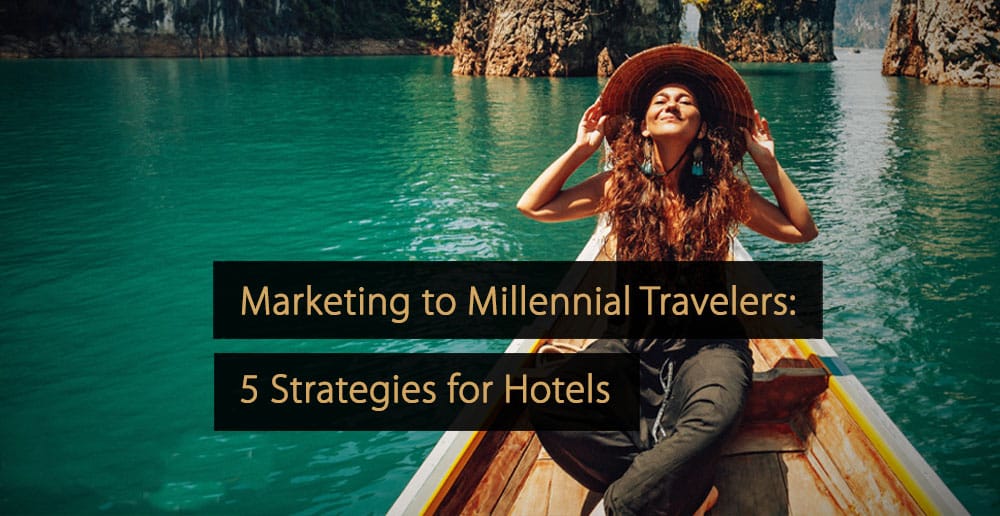
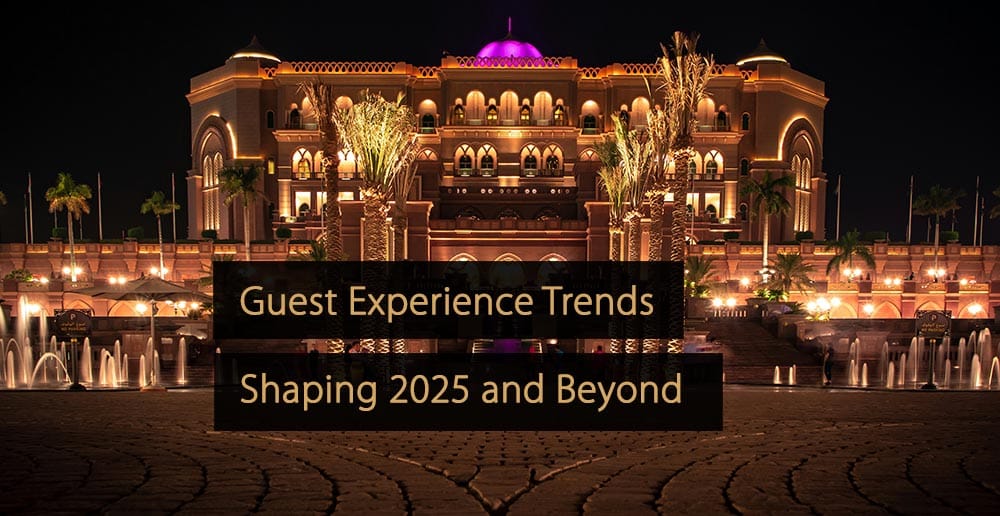
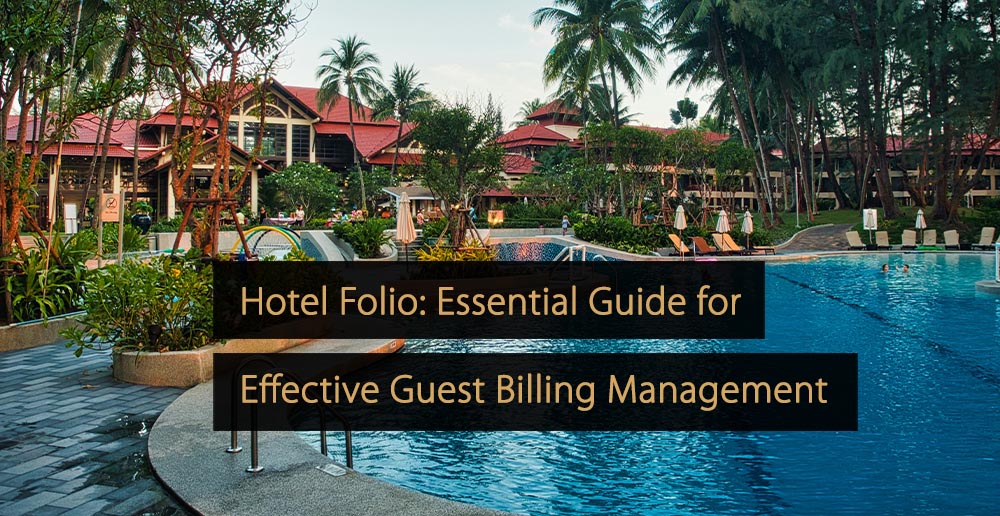
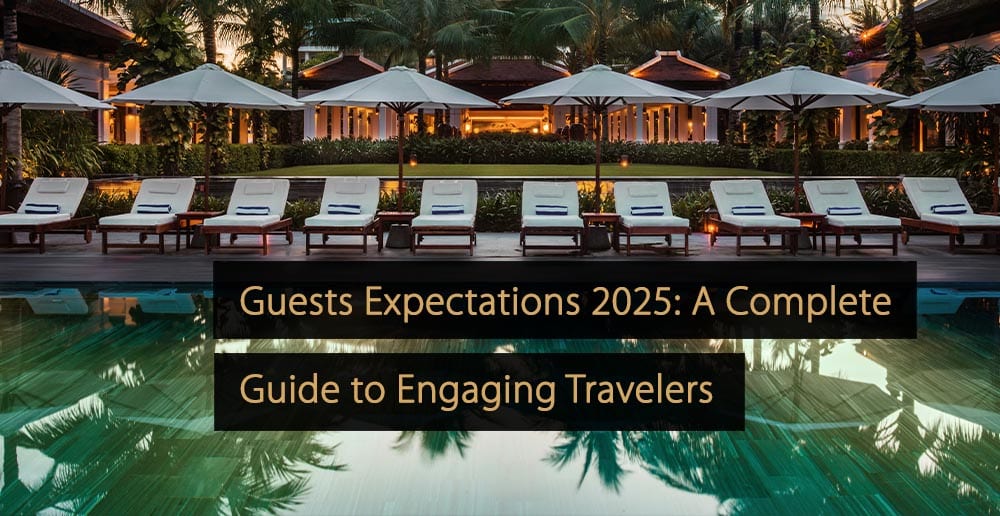

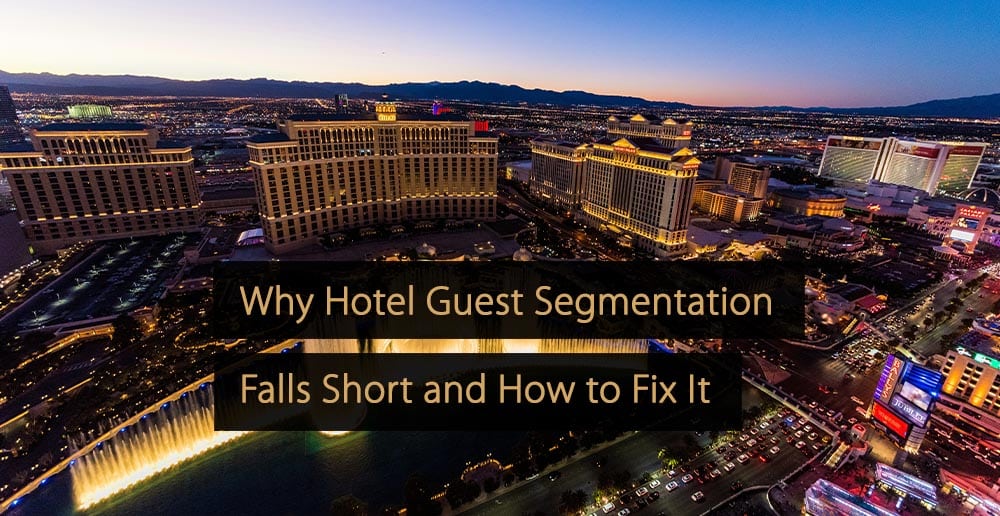
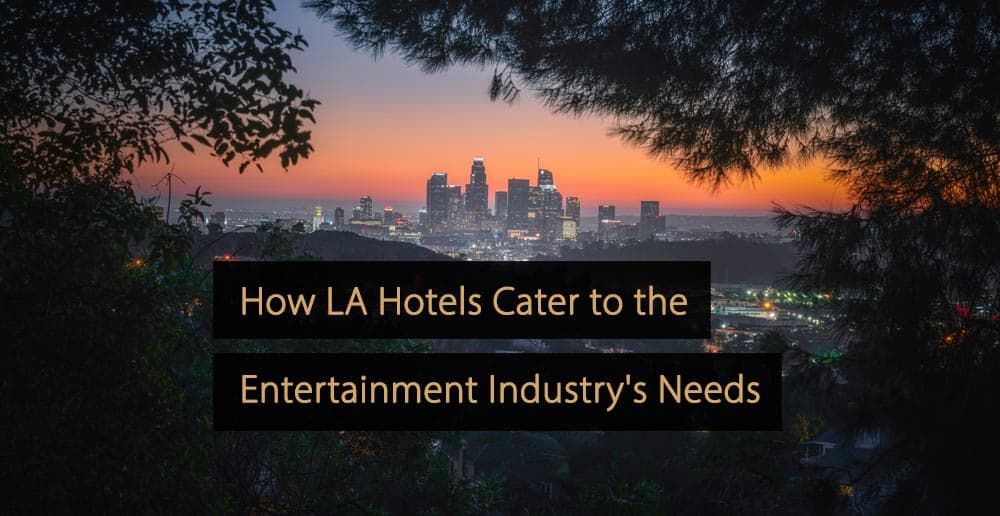
Leave A Comment